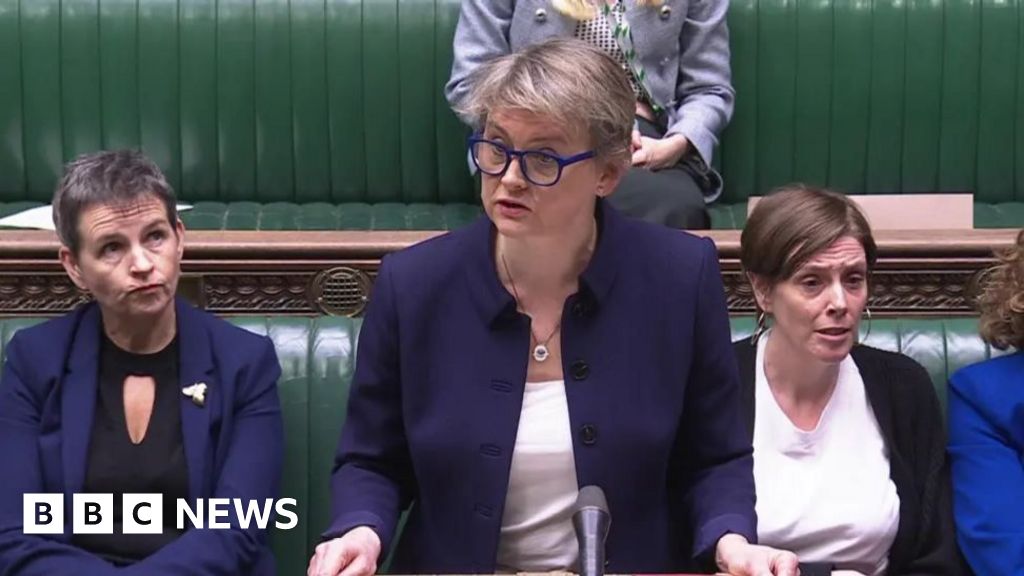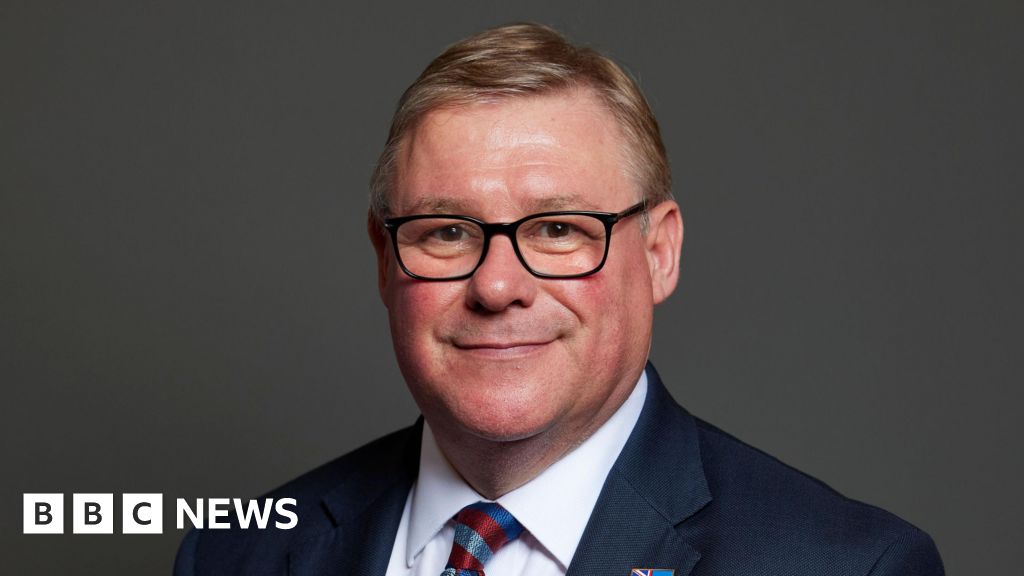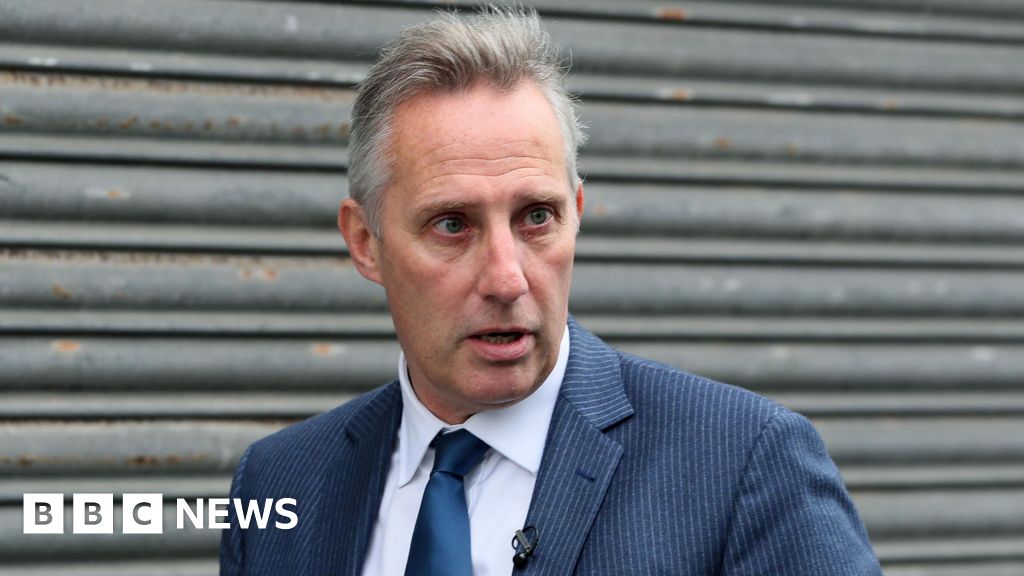ARTICLE AD BOX
Boris Johnson has renewed his call for richer countries to increase financial support to poorer ones fighting the effects of climate change.
Speaking at a UN gathering in New York, the UK PM said he was "increasingly frustrated" at support offered to countries hit hard by global warming.
He added many richer economies had pledged "nowhere near enough".
A longstanding promise to give $100bn (£73bn) a year to poorer countries has not yet been met.
Some 100 world leaders are meeting at the UN General Assembly this week, ahead of a key UN climate conference hosted in Glasgow next month.
Mr Johnson said "history will judge" countries who "lacked the courage to step up" once the Glasgow conference, called COP26, has finished.
As far back as 2009, the developed world agreed it would provide $100bn a year by 2020 to help poorer countries deal with the effects of climate change.
But the Organisation for Economic Co-operation and Development (OECD) recently estimated that by 2019 the figure had reached just over $79bn.
Addressing other leaders at the UN climate meeting, Mr Johnson said the gap between what had been promised and what had been delivered "remains vast".
"Too many major economies - some represented here today, some absent - are lagging too far behind," he added.
'Stay tuned'
On his way to New York, Mr Johnson had downplayed the chances of the $100bn target being hit by the Glasgow summit, saying it was "six out of 10".
However, US President Joe Biden's climate envoy, John Kerry, has since raised hopes it could be met, hinting his boss could announce more money during his speech to the UN assembly on Tuesday.
Mr Kerry told Sky News: "I think we're going to get it done by COP [26], and the US will do its part."
Asked if Mr Biden will announce more funds this week, he added: "I'm telling you to stay tuned into the president's speech, and we'll see where we are."
The US presents a huge obstacle to the climate talks.
President Biden says he wants to undo the harm caused by President Trump's withdrawal from the international climate agreement.
But he's facing a very big bill to help developing nations cope with the effects of global heating, and it's not yet clear he can persuade Congress to stump up the cash.
Rich nations have agreed to help poorer countries with a $100bn annual goal as of 2017-18.
Recent research from the UK think tank the Overseas Development Institute found the US paid only 4% of its "fair share".
It suggested $40bn would be a reasonable US contribution - and the president may pledge additional money at the UN General Assembly on Tuesday.
If the cash doesn't flow, major developing nations may resist making further emissions cuts themselves.
China and India already feel aggrieved that they're being asked to curb emissions at a far earlier stage in their development than western nations.
Asked about Mr Kerry's comments on Monday, Mr Johnson said an increased commitment from the United States would make a "huge difference".
But he cautioned: "We have been here before, we have all heard lots of pledges, lots of positive noises, let's see where we get to.
"We are not counting our chickens."
The UK, which has so far committed £11.6bn in international climate finance over the next five years, is under pressure to burnish its green credentials ahead of the Glasgow conference, beginning in just over a month.
The lead author of a UN-commissioned expert report into the pledge, Amar Bhattacharya, says among the G7 group of rich countries, the "three countries that have been the leaders are Germany, Japan and France in that order".
The UK and Canada are slightly behind them - but the United States and, in particular, Italy, are regarded as the main two laggards.

 3 years ago
79
3 years ago
79








 English (US) ·
English (US) ·